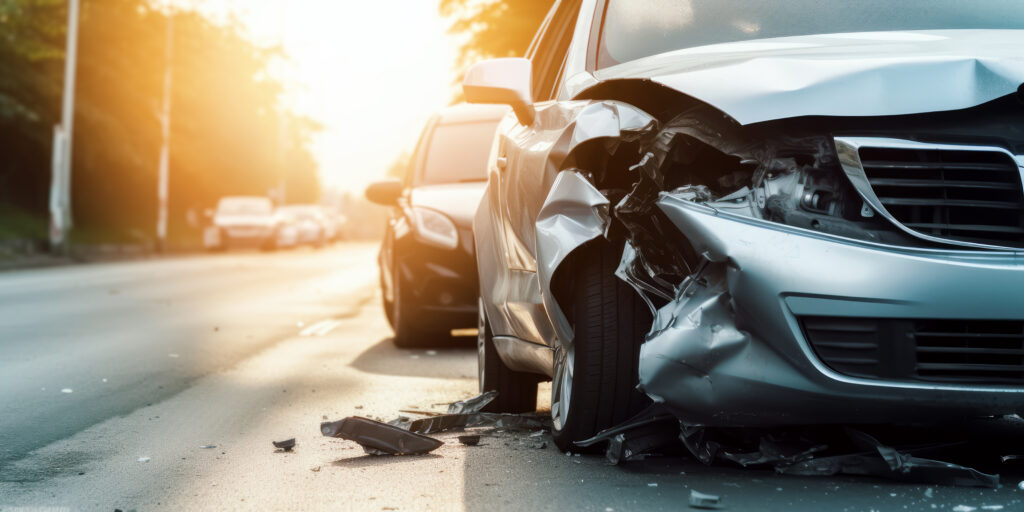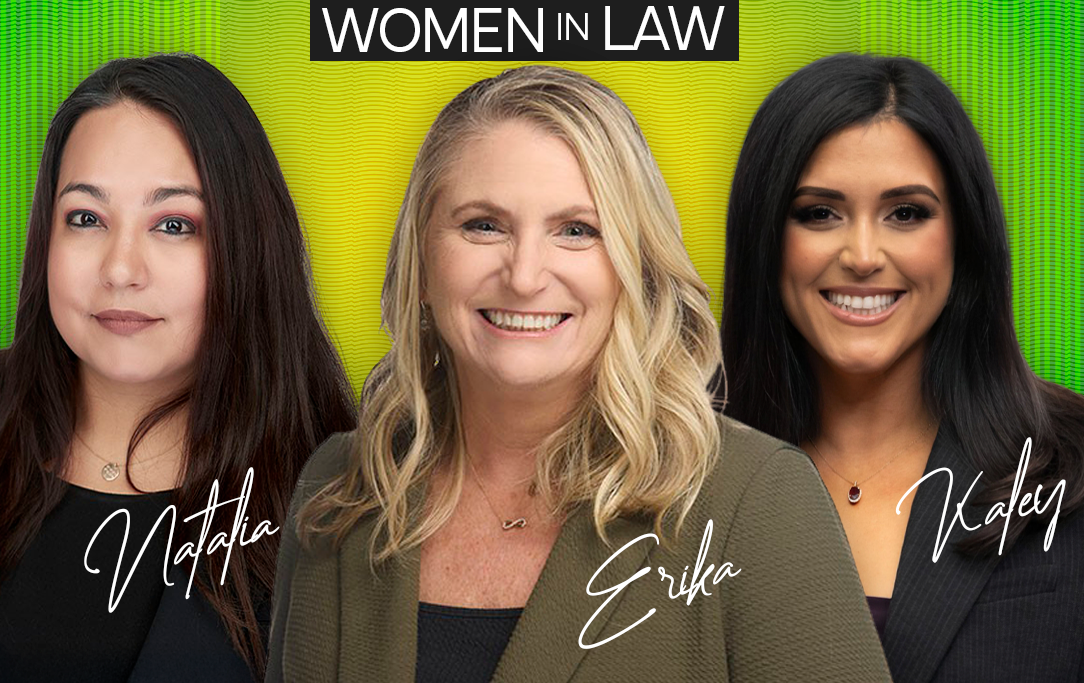No matter what precautions we take, car accidents can still happen and do occur frequently, with around 400,000 occurring annually in the state of Florida alone. In these moments, clearly understanding the immediate actions to take can make a significant difference. The award-winning car accident attorneys at Farah & Farah have created a comprehensive guide to contribute to a smoother recovery process and to facilitate a strong car accident lawsuit if necessary.
Steps To Take After a Car Accident
Regardless of the severity of the car accident, it is normal to feel scared and overwhelmed. In these moments, it’s crucial to remember that even minor collisions require careful attention and prompt action.
Taking the proper steps can ensure everyone’s safety and streamline the process of resolving the incident and any potential aftermath. Farah & Farah recommends the following when involved in a minor collision:
Step #1: Check for Injuries
First, check yourself for possible injuries. If you’re injured, you should stay where you are and wait for emergency services to arrive. If you aren’t injured, you should assess any other occupants of your car as well as those in the other vehicle for injuries they may have sustained. If anyone has been harmed, you should inform emergency services when you call for assistance.
Step #2: Ensure Your Safety
If you find yourself in an unsafe location and aren’t too injured to do so, move your vehicle to the side of the road or another safe location. Turn on your warning lights to warn others of the incident. This can also help avoid additional collisions. If you cannot move your vehicle, you should move yourself to a safe location without leaving the scene of the accident.
Step #3: Call Emergency Services
Once you are safe, call emergency services right away, especially if there are injuries or significant vehicle damage. Even if the accident is minor, it’s still a good idea to call 911 because a police report can be valuable for insurance claims.
File a Police Report
In Florida, you are required to file a police report if the accident involves:
- A collision with injury
- A collision with fatality
- A hit-and-run
- A DUI
- A collision which requires a tow truck to remove the vehicle
- A collision with a commercial motor vehicle
- A collision where apparent damage is at least $500.00
If you believe none of the above apply to your incident, Florida allows you to complete a self-report online or by mail.
Step #4: Exchange Information
Exchange your names, contact information, and insurance details with the other party involved. Also, document the other vehicle’s make, model, and license plate number. If the other party is unwilling to disclose the information, ask a police officer for assistance.
Step #5: Don’t Admit Fault
It’s important not to admit fault or discuss liability while at the scene of the accident. This is because you may not have all of the facts to fully understand whether or not you are liable for the accident. Prematurely admitting fault could impact your insurance claim and it could be used against you in court later on.
Step #6: Document the Scene
Note down the time, date, and location of the accident. You should also photograph the accident scene, preferably from several angles:
- Overall scene
- Damage to all vehicles involved
- License plates of all vehicles involved
- Road conditions, including debris or skid marks
- Traffic signs and signals
- Street names and intersections
- Injuries
Step #7: Collect Witness Information
If there are witnesses, gather their names and contact information. Obtaining witness testimony can strengthen your case.
Step #8: Seek Medical Attention
Even if injuries seem minor, seek medical attention to ensure there are no hidden or delayed injuries. Some injuries, like whiplash or traumatic brain or spinal cord injuries, may not display symptoms for days or weeks, and timely treatment can lower the chances of long-term complications. Medical reports can also be vital if you pursue legal action for a car accident case.
Step #9: Contact Your Insurance Company
Report the accident to your insurance company as soon as possible, even if the accident was not your fault. Failing to promptly notify your insurance company, as is required by many policies, can put your coverage at risk. When contacting your insurance company, be honest and share general information, but refrain from discussing fault and giving a statement until consulting with a car accident lawyer. Contact our car accident attorneys in Jacksonville and various other Florida locations if you’re unsure of next steps after an accident.
Step #10: Keep Thorough Records
Maintain a file with all relevant documents, including the police report, insurance correspondence, and medical records. These records will help you build a strong case with your car accident attorney.
Step #11: Consult With a Personal Injury Attorney
While most minor car accidents are resolved within a few months with insurance covering medical expenses and property damage, encountering issues such as delays, denials, or underpayments may warrant consulting an experienced car accident lawyer for guidance.
The award-winning car accident lawyers at Farah & Farah are prepared to serve you and obtain fair and full compensation for your case. Contact us for a free consultation.
How an Experienced Car Accident Attorney Can Help
An experienced car accident attorney can play a crucial role in navigating the complexities of a car accident involving serious injuries. They can assist in several ways, including:
- Legal guidance
- Investigation into the accident
- Negotiations with the insurance company
- Preparing and filing legal documentation
- Engage witnesses and experts for testimony
- Settlement negotiations
- Legal representation if a lawsuit is necessary
Schedule a Free Consultation With Our Car Accident Attorneys
Our experienced car accident lawyers at Farah & Farah work with clients across Florida. With over $2 billion recovered on behalf of our clients, we are prepared to share our expertise and support during this challenging time. Our commitment extends beyond legal representation – we understand the emotional toll a car accident can take and we are here to guide you through the complexities of the legal process with compassion and determination, striving to achieve the best possible outcome for your case. Contact us today for your free consultation.













